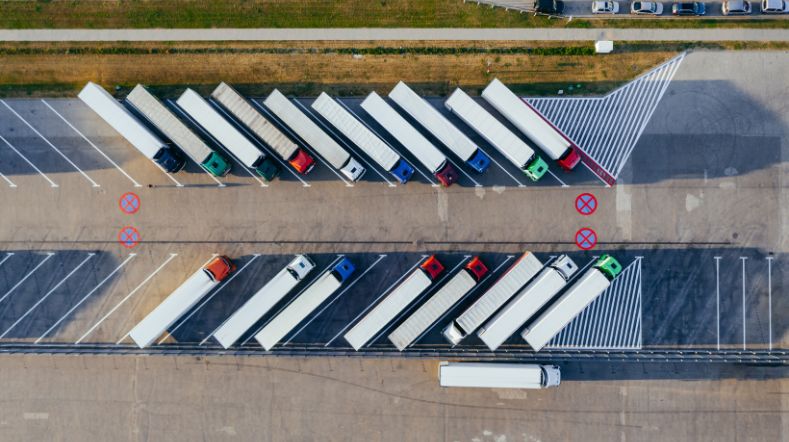
CAT4Yards: Next step in development connected automated transport in the Netherlands
In cooperation with
DPD, Verbrugge, Elopak, Terberg and more
How does Connected and Automated Transport (CAT) enable safe, efficient and sustainable transport? The CAT4Yards project aims to make important contributions to the substantiation of these expected benefits. TNO develops a method that helps logistics organisations and other stakeholders to assess the requirements and associated impacts of integrating Connected Automated Transport at logistics yards.
CAT4Yards: beyond the technical perspective
Currently, most (inter)national research projects and pilots on Connected Automated Transport are focused on the technical functionalities of automated or autonomous freight vehicles. In the CAT4Yards project we look beyond the technical perspective by taking a multidisciplinary and logistics perspective and explore – given the emergence of CAT – whether and how this innovation can contribute to a safe, efficient and sustainable transport system.
We do so by developing an assessment methodology that guides decisionmakers at logistics organisations whether and under what conditions Connected Automated Transport will be interesting to implement at their yards. Within three different logistics yards we explore how CAT can be integrated in logistics processes and how autonomous transport can be aligned with amongst others, coordination and control, people, processes and responsibilities.
At TNO Sustainable Transport and Logistics, we focus on how logistics can innovate and facilitate innovations in other sectors to contribute to a sustainable and competitive society. By taking the next step in the development of Connected Automated Transport in the CAT4Yards project, we operate at our sweet spot: bringing together a broad range of stakeholders – both outside and inside TNO – to develop new knowledge that supports both industry and policymakers in building a competitive and sustainable transport sector.
Goals
Results of the CAT4Yards project will be an important step in the development of Connected Automated Transport as it provides both automotive manufacturers and logistics organisations insights for taking well-founded decisions on shaping practical demonstrations on yards towards wide-scale deployment of CAT. This in turn, contributes to mitigating challenges regarding personnel shortages and an increased need for safe, efficient and sustainable transport.
Furthermore, these steps on yards pave the way for less controlled application areas on public roads such as transport between distribution centers in industrial (air)port areas and long-haul transport on corridors.
On an annual base, we bring together stakeholders from the whole ecosystem at the Connected Automated Transport summit. This contributes to knowledge sharing and kick-starting and strengthening collaborations.
Partners
CAT4Yards consists of a strong consortium of frontrunners in the Netherlands. TNO is project coordinator and brings together its research groups on sustainable transport and logistics, integrated vehicle safety, and networks. The project is made possible by the Topsector Holland High Tech (High Tech Systems and Materials – HTSM). TNO collaborates with knowledge partners from HZ University of Applied Sciences, HAN University of Applied Sciences and Rotterdam University of Applied Sciences. Collaboratively these knowledge institutes are responsible for the methodology development.
Industry organisations where we apply, validate and improve the methodology are a mix of logistics organisations such as Elopak, Verbrugge, DPD and automotive manufacturer Terberg.
The development and integration of Connected Automated Transport in logistics is inherently a multidisciplinary challenge. Significant steps forward can only be made by collaborating across disciplines and organisations. So in the CAT4Yards project we bring together logistics organisations like transporters, shippers and port authorities, automotive manufacturers, knowledge institutes and policymakers.
Other organisations involved in this project: DHL, Province of Noord-Brabant, Province of Zuid-Holland, Port of Rotterdam, North Sea Port, SmartPort, SPS InnoQon B.V., Veiligheidsregio Zeeland, International Transport & Logistics Attorneys Netherlands.
Get inspired
Getting on board with autonomous transport? Five things you need to know
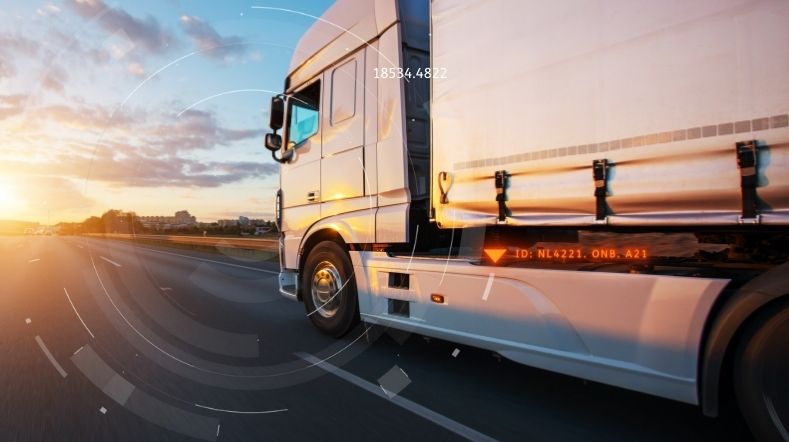

Connected mobility
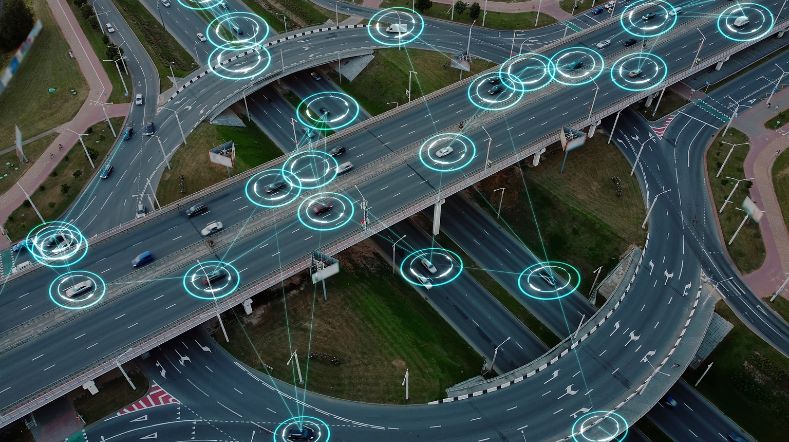

Working on safer self-driving cars
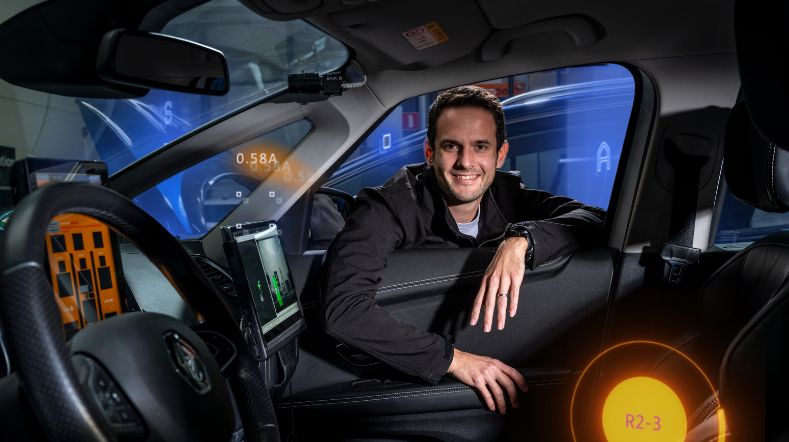

Goodyear and TNO further integrate tyre and vehicle technology to mitigate crashes in adverse weather
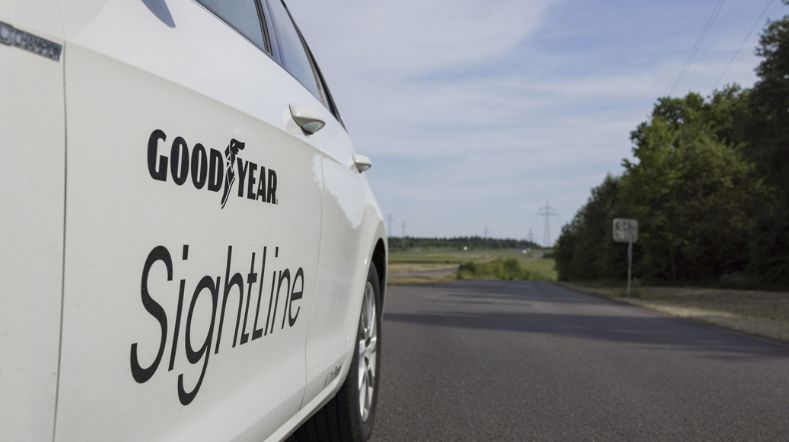

TNO CEYAS offers logistics partners advantage yard automation
